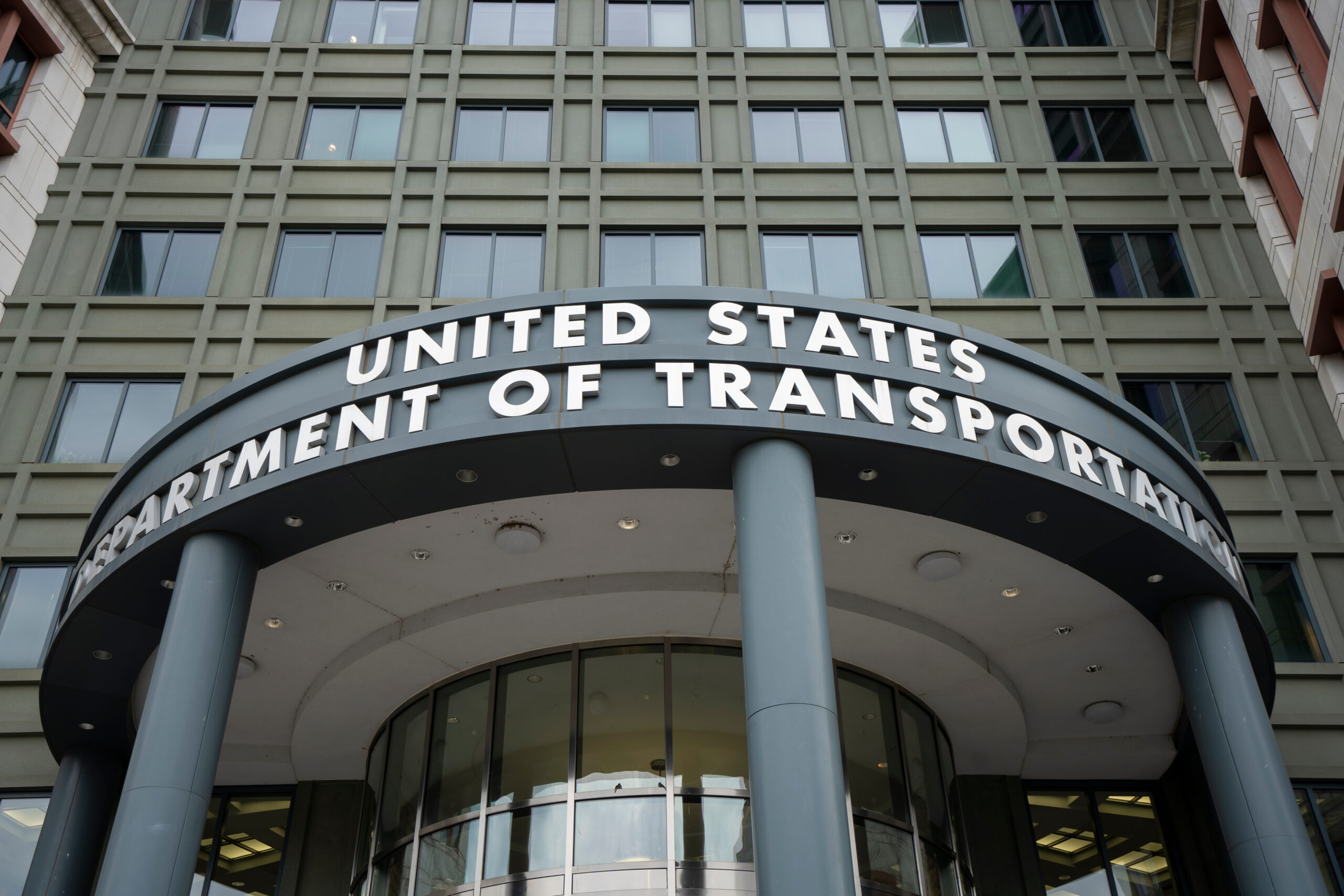Freight Broker Transparency: A Costly Burden that Undermines Free Trade

The Federal Motor Carrier Safety Administration (FMCSA) has proposed a rule that would require freight brokers to disclose their margins to carriers within 48 hours of delivery. While the intention behind this regulation may be to promote transparency, the potential consequences for the freight industry, particularly for businesses like PFL Logistics, are far-reaching and detrimental.
The Operational and Financial Strain
PFL Logistics works with a network of more than 18,000 carriers, enabling efficient transportation of goods across the country. Implementing a system to disclose freight margins within such a short time frame would necessitate substantial investment in IT infrastructure, additional staffing and new compliance procedures.
This isn’t a simple case of pulling data and sharing it; it involves building automated systems, ensuring data security and managing vast amounts of sensitive information efficiently. The cost to develop and maintain these systems could run into millions, significantly impacting small and medium-sized freight brokers who lack the resources of larger corporations.
The additional burden could force some brokers out of business, reducing competition in the industry. Ironically, this move to promote fairness might create an environment where only the largest players survive, stifling the very competition that drives innovation and efficiency.
A Threat to Free Trade
This proposed rule runs counter to the principles of free trade that are foundational to the U.S. economy. Transparency is vital, but mandatory disclosure of freight margins crosses a line, infringing on the freedom of businesses to operate competitively.
Freight margins are not just numbers; they reflect a broker’s value-add, covering operational costs, risk management, and customer service. Mandating their disclosure could lead to price manipulation and distrust within the industry. Moreover, the regulation imposes a government-mandated operational standard, veering dangerously close to overregulation.
Instead of fostering a fair and open market, this rule could discourage brokers from taking on challenging shipments or working with smaller carriers due to the fear of scrutiny or reduced profitability.
This is a critical moment for freight brokers to unite, engage with their representatives, and advocate for reasonable policies. By working together, the industry can ensure its voice is heard, protecting the freedom and competitiveness that underpin America’s economy.
The Call to Action
To protect the integrity of the freight industry, it’s crucial for freight brokers to voice their concerns. The FMCSA’s rule-making process is open for public comment, and now is the time to take action. Every broker, regardless of size, should engage with their Congressional representatives and industry associations to ensure their voice is heard.
This is not just a regulatory issue; it’s about preserving the freedom of businesses to operate competitively and efficiently without unnecessary government intervention. By coming together as an industry, freight brokers can advocate for more balanced solutions that promote transparency without imposing undue burdens.
Conclusion
The proposed rule on freight broker transparency poses significant challenges to the freight industry, from operational costs to threats to free trade. PFL Logistics, like many others, would face immense pressure to comply, potentially reshaping the competitive landscape of the industry.
This is a critical moment for freight brokers to unite, engage with their representatives, and advocate for reasonable policies. By working together, the industry can ensure its voice is heard, protecting the freedom and competitiveness that underpin America’s economy.
Now is the time to act—contact your congressman and participate in the FMCSA rule-making process to ensure a fair future for the freight industry.
Rexing is the president & CEO of PFL Logistics, LLC in Evansville, Tenn. You can reach him at dylan@rexingcompanies.com.

